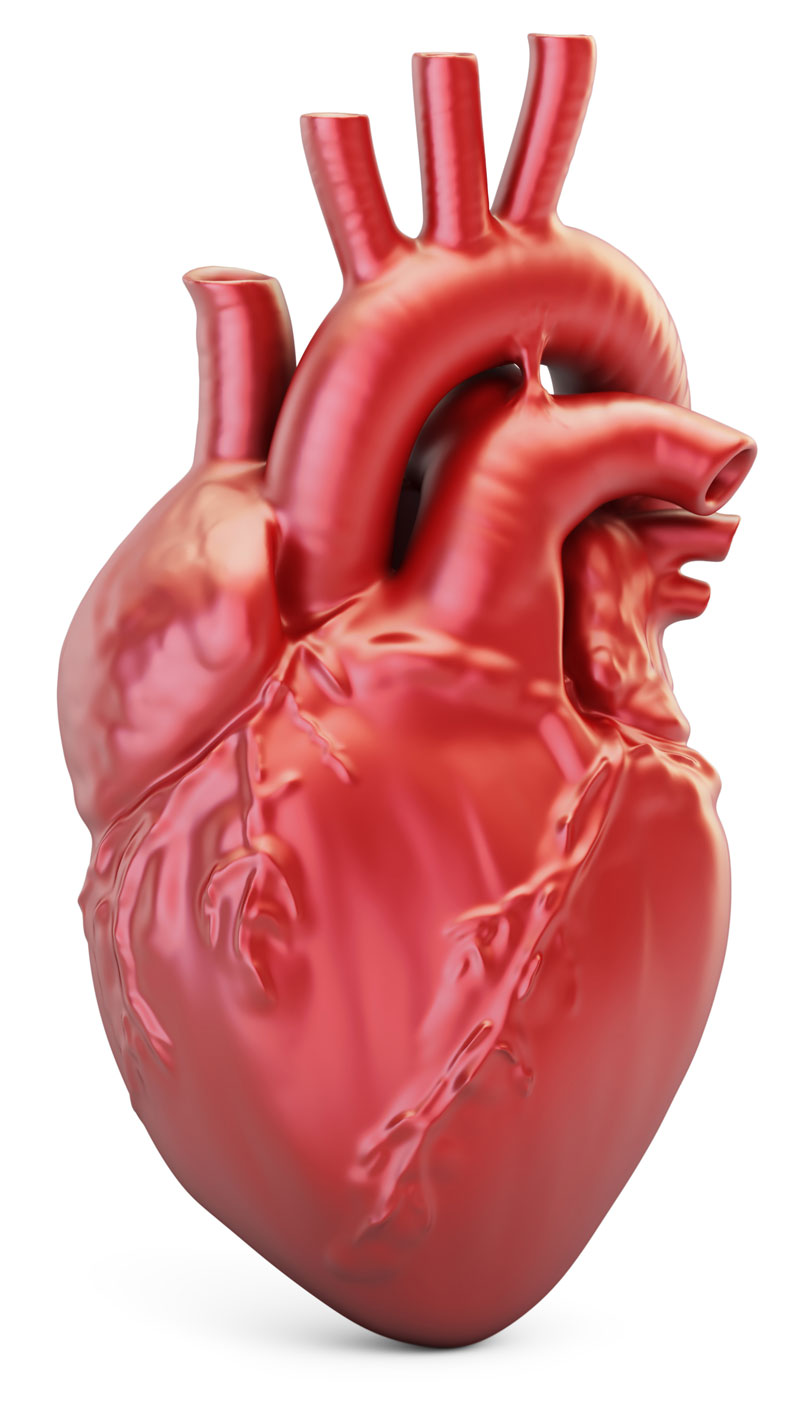In the United States (US) alone, 48% of adults are suffering from Cardiovascular Disease (CVD). That’s approximately

We take innovation to heart.
The Problem
CVD is the leading cause of death (1). Nearly 25% of CVD patients are adversely impacted by combined heart valve disease (HVD) and coronary artery disease (CAD) – two prominent sources of heart failure. In the US, a total of 580,000 surgeries are performed each year to replace valves for HVD patients and coronary artery bypass graft (CABG) to treat CAD patients (2,3).
Currently used biological prosthetic heart valves are limited by clinical challenges, primarily calcification, thrombosis, infection, and faster degeneration (4). Additionally, there is no off-the-shelf small diameter (2-4 mm) vascular graft (SDVG) required for Coronary Artery Bypass Graft (CABG) surgeries. Instead, the current standard of care for the CABG is the use of autologous (patient’s own) veins or arteries (5), and those currently used devices often fail, requiring repeat surgeries and increased hospitalization costs.
The Solution
Annoviant’s technology, TxGuard™, consists of decellularization of biological tissue, stabilization with patented chemistry, and sterilization using a proprietary process. This technology platform can address clinical challenges without changing the current surgical techniques.
Annoviant is developing a portfolio of innovative products leveraging the TxGuard™ technology platform: 1 1) pulmonary valved graft (PVG) for pediatric patients; 2) materials for transcatheter valves; 3) vascular patch for large arteries reconstruction; and 4) small caliber vascular grafts for CABG surgeries. These products are at different stages in the commercialization process, with the surgical valve being the farthest along.
TxGuard™ technology is designed to grow with the patient, thus reducing the risk of repetitive surgeries and alleviating the financial and emotional burden for families.

TxGuard™ PVG Pre-clinical Results
In two separate studies at different reputed facilities, the TxGuardTM PVG device was tested in a lamb model for up to 150 days, equivalent to 5 years in humans. In both studies, the device functioned clinically normal and exhibited no calcification, thrombosis, or infection, and successful host cell-mediated remodeling. In 2020, the FDA granted the Humanitarian Use Device (HUD) designation for the TxGuardTM PVG product. The HUD will enable faster Humanitarian Device Exemption regulatory approval and accelerated time to market. In August 2023, a pre-submission discussion was held with the FDA, and the company is focused on completing the required final round of testing for the FDA submission and first-in-human (FIH) use.

